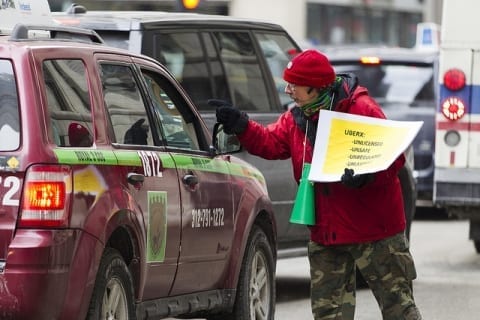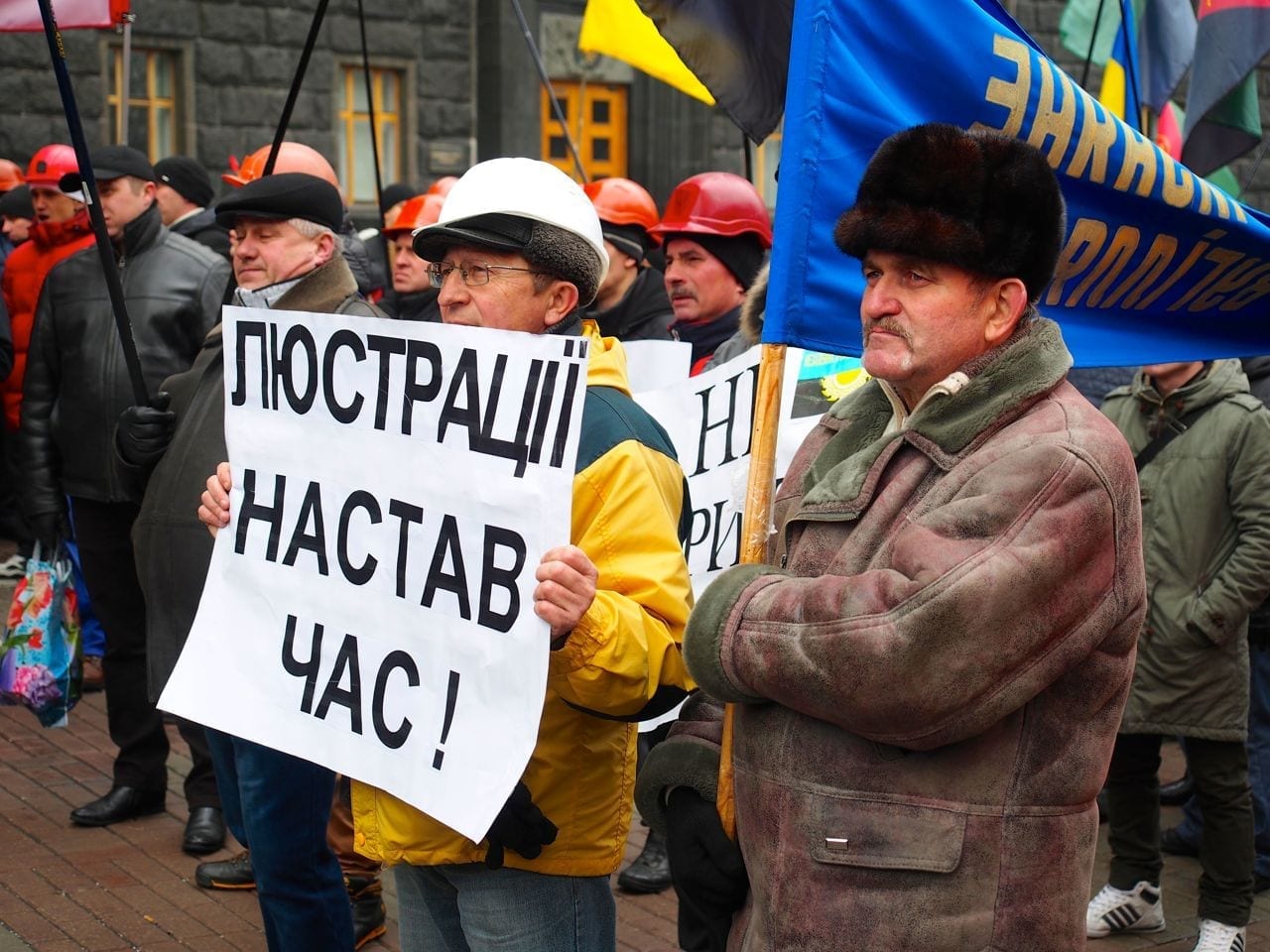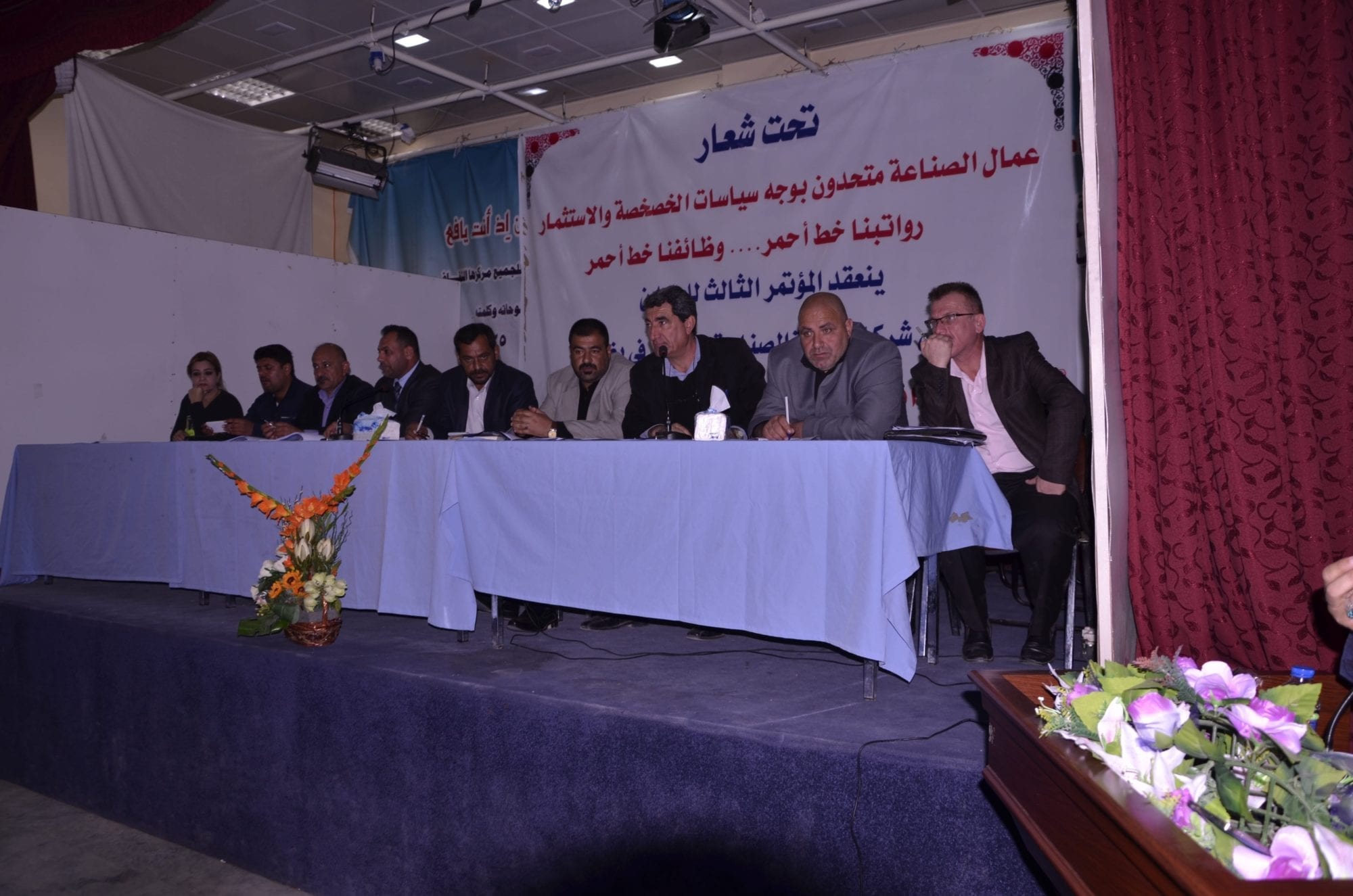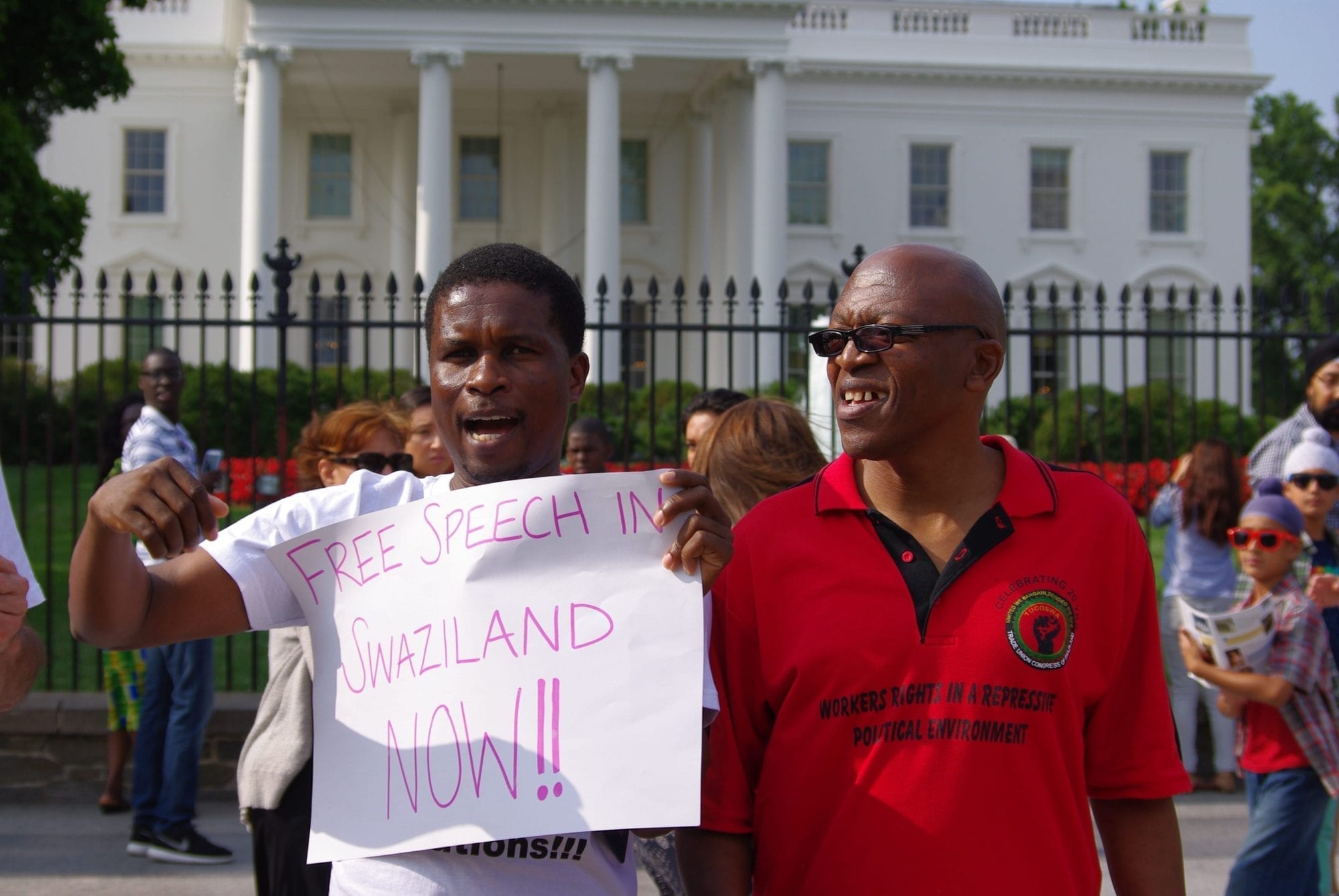
Mar 25, 2015
(Moscow, March 24, 2015)—The arrest and expulsion from Uzbekistan of an international labor rights expert raises serious concerns about the government of Uzbekistan’s commitment to international human rights conventions and the feasibility of the World Bank’s agricultural programs in Uzbekistan.
Uzbekistan operates what is perhaps the world’s largest state-organized system of forced labor, forcibly mobilizing more than a million of the country’s citizens to pick cotton each fall. When the World Bank initiated new loans to Uzbekistan’s agriculture sector last year, the Bank conditioned the loans on the Uzbek government following through on promises not to use forced labor in the areas where the Bank-funded projects will operate.
On March 19, the Uzbek government arrested, detained, deported and banned from the country Dr. Andre Mrost, an international labor rights consultant, whose firm, Just Solutions Network, Ltd., has bid on a contract to implement a feedback mechanism also called for under the terms of the World Bank loans.
“Three men in black entered the room, introducing themselves as officers of the Ministries of Justice and Labor and accompanied by three policemen. They demanded my passport and took me to the police station,” Dr. Mrost reported. “The Labor Ministry representative interrogated me first, then the police, and finally the national security service. They forced me to sign a document I could not read, in Uzbek, and then escorted me to airport passport control, where my passport was stamped with an order prohibiting my re-entry to the country.”

Mar 20, 2015
United Nations Women announced today it is cutting ties with the ride share company Uber, after unions and other civil society groups protested that the company’s business model perpetuates precarious work—job instability, lack of health insurance and other social benefits, and little labor law protection.
Uber had said it would create 1 million jobs for women, a benchmark unions say is meaningless unless those jobs are stable, safe and provide wages sufficient to support families.
“There was an immediate rejection by unions and NGOs (nongovernmental organizations) of this idea of a million jobs that we knew were likely to be insecure, ill paid and potentially unsafe,” says Brigitta Paas, International Transport Workers’ Federation (ITF) vice president.
The decision to partner with Uber, announced during the opening days of the Commission on the Status of Women (CSW) meeting last week, outraged CSW participants, who organized a global union statement and public protest.
“Uber economics is the most aggressive informalization of an industry which was already deregulated three decades ago,” the global union Public Services International (PSI) said last week. “Indeed, it represents exactly what the women’s movement has been fighting for decades.”
In many cities and countries, taxi drivers are union members with good wages and benefits, the opposite of the Uber model. By classifying drivers as “independent contractors,” Uber denies them basic protections, from minimum wage pay to health care and other benefits on the job. PSI cited Uber research that “revealed drivers’ average annual earnings of $15,000 and a proliferation of part-time work.”
Further, says International Trade Union Confederation (ITUC) General Secretary Sharan Burrow, “Uber does not create jobs—it replaces existing, regulated, taxi jobs with low-paid, precarious and exploitative work.”
“Unions rose up at the CSW, analyzed why the partnership was harmful to women and showed how unions and the economic empowerment they fight for, are key to gender equality,” says Lisa McGowan, Solidarity Center senior specialist for gender equality. “Decent wages, social benefits, stable employment—all are fundamental to achieving gender equality.”

Mar 20, 2015
In Ukraine, a first-of-its-kind worker rights center is serving a broad spectrum of working people through labor and human rights education, cultural events and hands-on support in resolving day-to-day workplace issues.
Launched in late 2013, the Labor Initiative drew more than 3,000 people to some 200 educational and community events in its first year. A project of Ukrainian trade unions and the Solidarity Center, the Kiev-based Labor Initiative now averages between eight and nine legal consultations and referrals per day. Allies include local Ukrainian trade unions from health care, education, mine working, construction, the informal economy and other sectors.
“The center has been an important improvement for us, for our capacity to support workers,” says Veniamin Tymoshenko, union activist and vice president of a national aviation crew union. “We have been able to rely on legal support on several key cases that helped us mobilize workers, fight corruption and press for democratic reforms.”
Most recently, the center has been assisting mineworkers displaced by fighting in eastern Ukraine, along with ongoing legal support to active mineworkers.
In one recent case, the center helped an injured mineworker obtain proper disability classification, enabling him to receive ongoing compensation. Despite his worsening condition, the mineworker had not been certified to receive assistance. Trade union leaders say that disability claims in Ukraine often are not honored because medical officials may work closely with employers who offer them financial payments to deny worker disability claims.
Wage theft and illegal firings are the most frequent workplace issues. An ongoing case involves a worker at a large auto parts company who was hired by a subcontractor and realized she was not receiving her full wages because her pay was off the books—the “double envelope” system widespread in Ukraine. When the worker brought the issue to tax authorities, the tax office warned her it likely would not inspect the company and, if it did, she would be charged with tax avoidance and fined.
Both union and nonunion workers can receive legal consultations through the support of the center’s network of labor attorneys. In addition, the center and Solidarity Center staff provide policy and research assistance to Ukrainian unions. The Labor Initiative gets the word out about its services by distributing pamphlets to union offices and at union meetings across the country, and also advertises its legal aid services in high traffic areas, such as on public transportation.
The center has become a community and education hub, hosting events seven days a week, providing a space for union and community group meetings and a weekly labor and social justice film club.
Unions are at the center of reform efforts in the country, and the Labor Initiative offers a key space where workers not only can receive individual workplace assistance but also join to collectively champion democracy.

Mar 18, 2015
Tens of thousands of workers in self-financed companies under Iraq’s Ministry of Industry who have not been paid for months are renewing their push for a long-term solution to the crisis, and many are looking to form unions.
Last fall, Iraq workers staged a series of protests to demand their wages. In February, some received one month’s pay, but the government declined to pass a budget that includes stable funding for workers in the companies.
Seeking a long-term solution, many workers are organizing and mobilizing in Baghdad, Bablyon, Wassit, Dewanya and Basra, with some starting to form unions, even though public-sector unions are illegal in Iraq, where the labor law of the Saddam Hussein regime is still on the books.
Supporting their unionization efforts are the General Federation of Iraqi Trade Unions (GFITU), Federation of Worker Councils and Unions in Iraq (FWCUI), General Federation of Workers and Unions in Iraq (GFWUI) and Iraqi Federation of Oil Unions (IFOU).
In a letter of solidarity to Iraq workers, Solidarity Center Executive Director Shawna Bader-Blau noted that Iraq is a member state of the International Labor Organization and thus obligated to adhere to Convention 87, which ensures freedom of association. (Arabic version)
“Collective action is the most effective means workers have to fight back and win,” wrote Bader-Blau.
At a recent conference hosted by FWCUI, workers agreed to several steps to meet short- and long-term economic challenges, including mobilizing mass demonstrations across Iraq to protest the proposed restructuring of government-owned companies, in which hundreds of thousands of workers likely will lose their jobs.
Iraqi workers have won international support for their struggle. In a letter to Iraq Prime Minister Haider al-Abadi, U.S. Labor Against the War, a coalition of 165 labor organizations in the United States, urged the government to assist self-financing companies to get loans and other economic support to enable them to pay employees.
“Iraq’s social stability and economic progress require that the standard of living and economic welfare of all its people be protected and improved,” the letter said.
In addition, the International Trade Union Confederation sent a letter of support, and USLAW sent a letter of support to Iraqi workers.
Click here for the English version of the AFL-CIO letter to al-Abadi and here for the Arabic.

Mar 16, 2015
For the second time in two weeks, police have broken up a union meeting of the Trade Union Congress of Swaziland (TUCOSWA), this time physically injuring a union leader who was taking part.
According to the Swazi Observer and TUCOSWA leaders, more than 300 plain-clothed police forced participants to end a union executive board meeting in the Swaziland National Association of Teachers (SNAT) Center on Saturday and blocked the gates to the building. Muzi Mhlanga, SNAT secretary general, was assaulted and had to seek medical care, according to TUCOSWA.
“The police came in as if they were coming to fight an army,” said TUCOSWA Secretary General Vincent Ncongwane.
“They actually manhandled us, stopping anyone coming in or going out of the venue,” Ncongwane said in a letter to the Minister of Labor and other government officials to make them aware of the events and seek redress.
“We were squashed between various policemen who were trying to read the emails we were sending (to international labor allies). Police also demanded their phones because union leaders were taking photos of the police “without their permission. They said their orders are to crush any TUCOSWA meeting.”
Swaziland police also broke up a national union meeting February 28, on the grounds that workers were discussing democracy.
Over the past three years, Swaziland authorities have refused to grant legal registration to TUCOSWA, most recently denying the federation’s December 2014 application under the country’s recently amended Industrial Relations Act. In August 2014, some in the Swazi government falsely accused Ncongwane and human rights lawyer Sipho Gumedze of taking a stand against trade benefits for Swaziland when they were in Washington, D.C., to attend the U.S. Africa Leaders Summit Civil Society Forum.
TUCOSWA is receiving key support from the country’s religious leaders. On Sunday, a coalition of Christian churches called for the registration and recognition of TUCOSWA as part of its broader call for multiparty democracy to address the Swaziland’s political, social and economic crises.
In June 2014 the U.S. government took the rare step of suspending African Growth and Opportunity Act (AGOA) trade benefits for Swaziland, citing the Swazi government’s systematic violations of fundamental worker rights, including refusal to legally recognize TUCOSWA. Swaziland’s trade unions support AGOA, but maintain that the country must meet benchmarks of the agreement, which include respecting human rights and labor rights.
The 2014 U.S. State Department human rights report cited serious human rights violations in Swaziland, including arbitrary or unlawful killings by the government or its agents; severely restricted freedom of assembly, including violence against protestors; jailing of trade union leaders; the deregistration of TUCOSWA and the banning of strikes.





